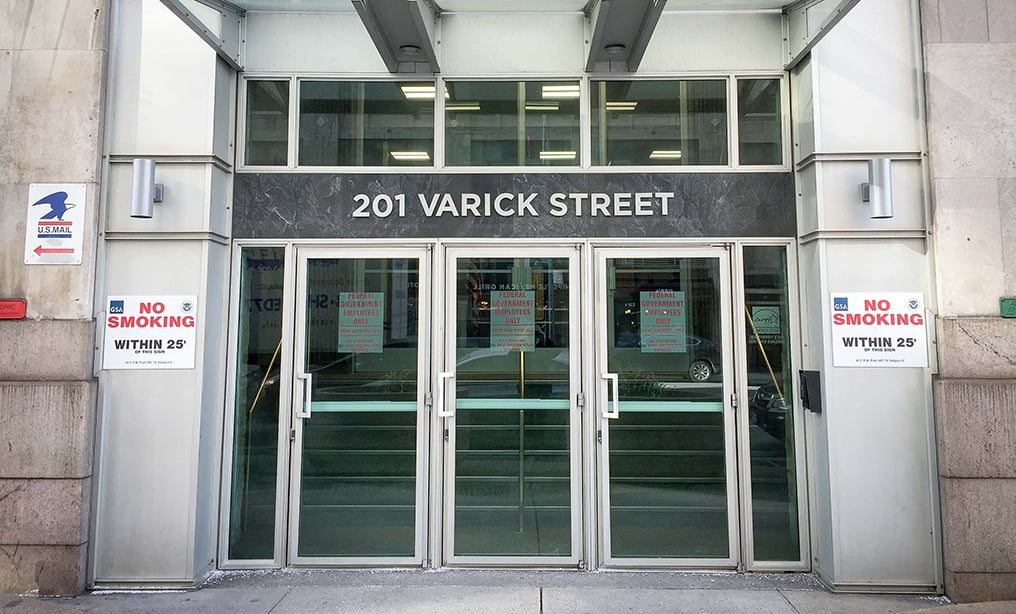More than 500 years ago, English courts developed a common law privilege protecting against civil arrests of parties and witnesses on courthouse premises and when traveling to or from court. This privilege—which was incorporated into American law in the early years of the republic and has remained a part of the common law since—serves two principal purposes: First, it encourages parties and witnesses to appear at court proceedings, and second, it enables courts to function properly by, for example, avoiding adjournments and other disruptions. Recently, however, the U.S. Immigration and Customs Enforcement agency (ICE), in its implementation of a directive to ICE agents promulgated in January 2018 (the Directive), repeatedly has taken action contrary to this privilege. Indeed, in New York state over the last two years, ICE has increased its courthouse civil arrests of undocumented and other aliens by more than 1700 percent.
In response, the state of New York and the Kings Country District Attorney (plaintiffs) filed suit against ICE, seeking a declaration that the Directive is invalid on a variety of grounds—including because it violates the privilege against courthouse civil arrests—as well as an injunction barring ICE from conducting such arrests. In New York v. U.S. Immigration & Customs Enforcement, 2019 WL 6906274 (S.D.N.Y. Dec. 19, 2019), U.S. District Judge Jed S. Rakoff of the Southern District of New York recently denied ICE’s motion to dismiss the lawsuit, finding that (1) the court had jurisdiction to review plaintiffs’ challenge to the Directive, and (2) plaintiffs have stated viable claims that the Directive is invalid, including because it violates the privilege against courthouse civil arrests.


 Edward M. Spiro and Christopher B. Harwood
Edward M. Spiro and Christopher B. Harwood




